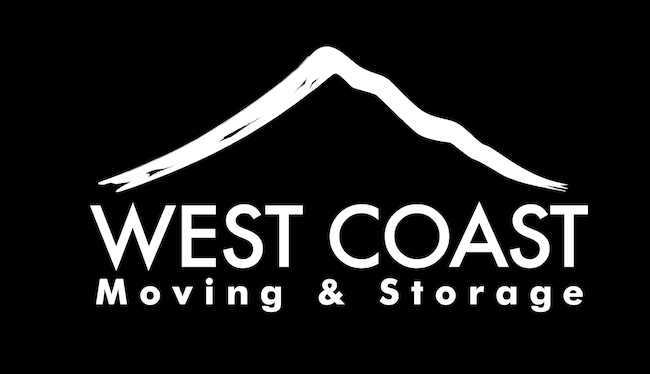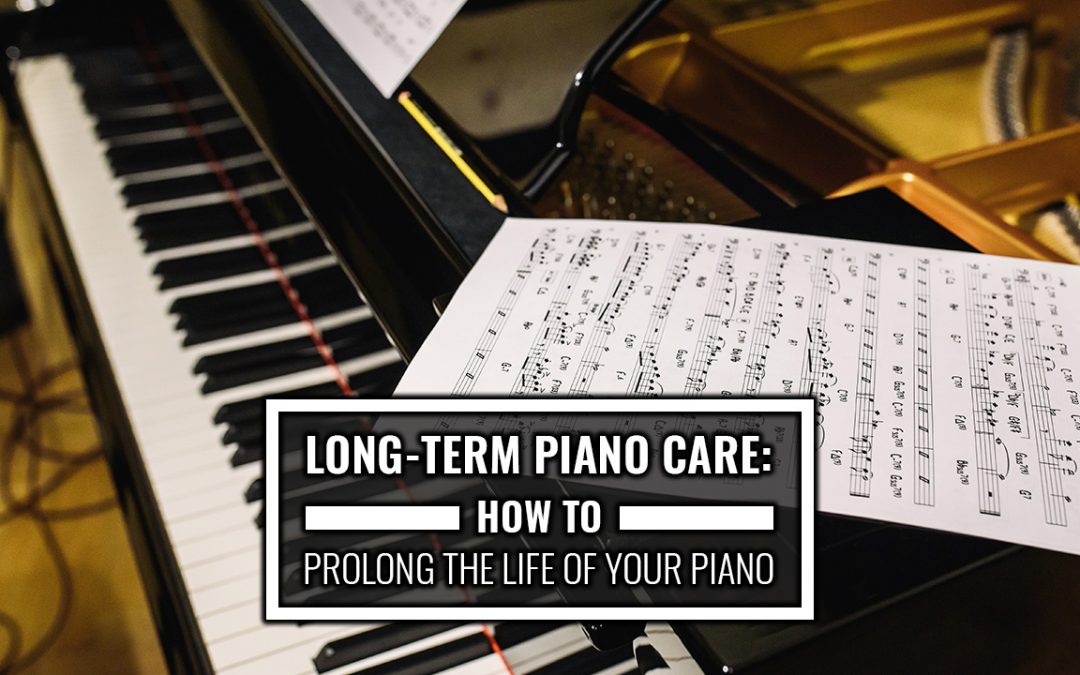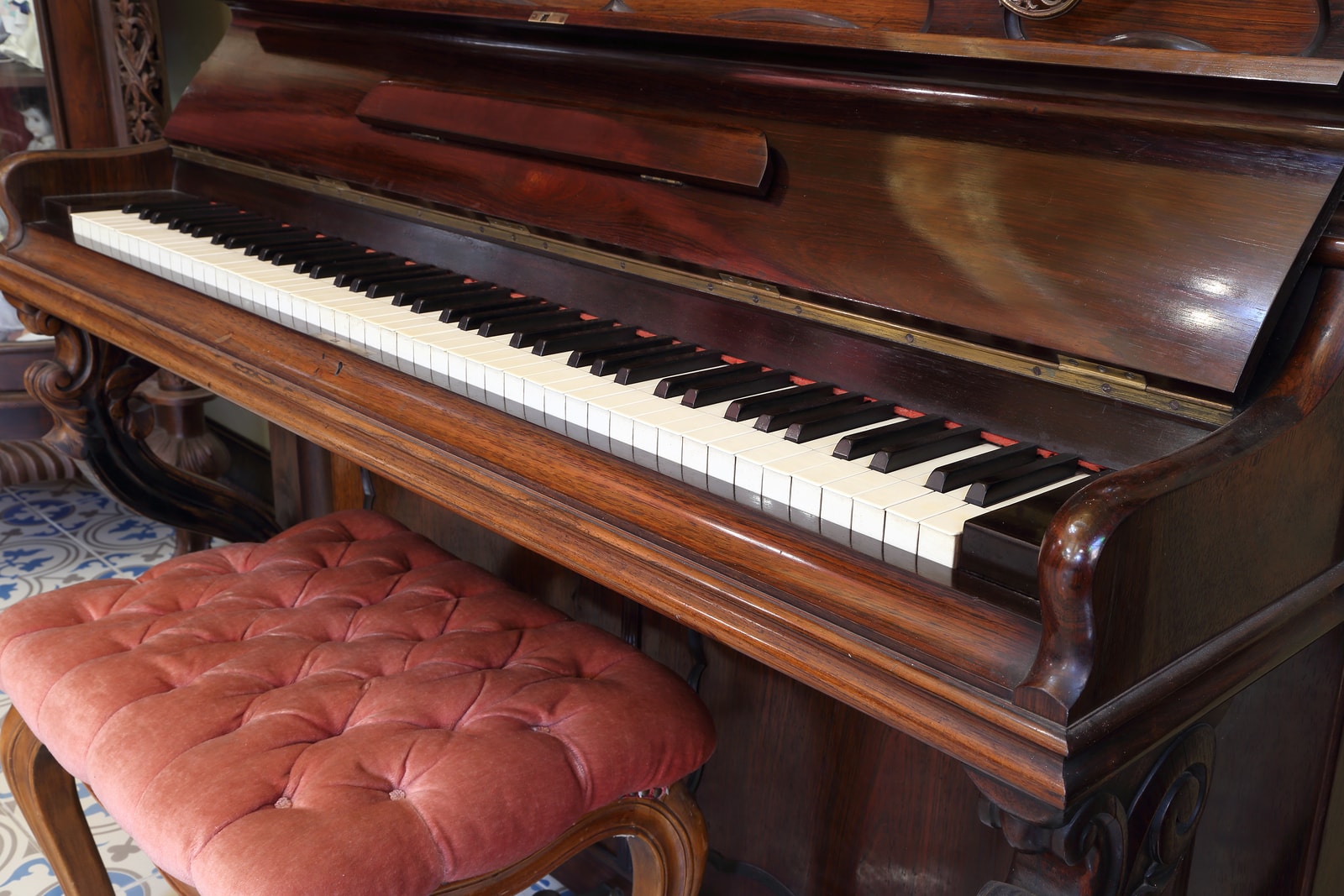A common question when making a big purchase is the life expectancy you can expect out of the item you are purchasing. This is common with appliances, cars, and houses but would you ever think of asking yourself this question when you are buying an instrument?
When purchasing a piano you are focusing on the style of the piano, what color do you want it to be, where are you going to put it and is it for use or for decoration? With such a big purchase, let’s talk about the life expectancy you can enjoy, depending on the age and quality of the piano you are purchasing.
Piano Life Expectancy: How Long Does a Piano Last?
There really is no set number for the life expectancy of a piano, it really weighs heavily on the time that the owner puts into it. As with anything that has a life expectancy, the care, environment, and maintenance are crucial to its health.
With everything, the way the piano was built in regards to quality and materials can make a big difference in the overall longevity of your piano. But there are certain practices you can perform to make your piano last longer and stay in good condition.
As always when talking about the lifespan of something there are a lot of factors that play a part into the longevity of an item. For long-term piano care the most important components are:
- How the piano is cared for
- Daily treatment of the piano
- The environment in which the piano lives
Ideal Temperature & Humidity for a Piano
Temperature fluctuations play a huge part in the overall internal health of your piano, as humidity changes can have a damaging effect on your piano.
Making sure that your piano resides in a temperature regulated storage facility, house, or wherever else the piano may be is imperative to keep it in its best condition.
Remember that the ideal temperature for a piano is between 70-72 degrees and that the ideal piano humidity range stays between 45-70% (as long as the temperature stays the same).
Best Practices for Long-Term Piano Care
Prolonging the lifespan of your piano also has to do with the maintenance and upkeep of taking care of the instrument in addition to keeping it in a temperature regulated area.
Whether you have a brand new piano or caring for a vintage family heirloom that might be as old as you, there are best practices you can follow for long-term piano care. For older pianos or different types of piano specifically, you may have some additional maintenance items.
How Often Should You Tune a Piano?
It is recommended to tune your piano at least once a year.
How often you have it tuned can play an important role in keeping the piano “young” and in it’s best condition. If you move or move your piano around it is important to get your piano tuned as soon as it is in its new location.
New Piano Care
When purchasing a new piano it is important to start taking care of your piano from the beginning to make sure you prolong its condition and life span.
A new piano will not need any additional maintenance as long as it resides in the proper environment for a piano and if it has yearly “check-ups” or tune-ups.
Old/Vintage Piano Care
Older pianos, depending on the life they have lived might need a little more work in order to keep it playing and in good condition.
Sometimes older pianos need professional piano maintenance work to be done in order to give it a little facelift and strengthen the interior. This could be restringing the strings that have worn out, replacing the hammers, replacing the soundboard or any interior/exterior parts that may have been damaged, or other common problems with old pianos.
Daily Piano Care
Along with the technical maintenance and tune-ups your piano will need, you can help your piano last by the way you treat it day-to-day.
Here are some daily piano care tips for your piano’s finish:
- Use a feather duster to help eliminate all of the surface dust
- Remove fingerprints with a soft microfiber cloth to wipe down the surface
- Try a safe, lint-free wood cleaner or polish to your piano if needed
- Wash your hands before playing
- Limit sun exposure
- Avoid scratches and spills by not placing items on the piano
- Close the lid to protect the keys when you’re not using the instrument
High-Quality Piano Moving & Storage
During the lifetime of your piano, you may face a situation where you need to move or store the instrument.
You can make sure your piano is in good hands, and that it successfully completes the journey by hiring professional piano movers that are experienced with keeping your instrument safe.
For piano movers, look for a certified piano moving company with years of experience. If you need short-term or long-term piano storage, find a company that has a climate-controlled storage facility.
West Coast Piano Moving & Storage
Some pianos can be decades old and be in better condition than a piano that is 2 years old as long as it has been kept in good conditions and cared for over time.
Taking care of your piano might seem like a hassle, but the long term benefits will always outweigh the cost of a new piano or repairs in the end.
If you’re looking for piano moving services you can trust, or a safe place to store your piano, contact West Coast Piano Moving & Storage for a quote!


